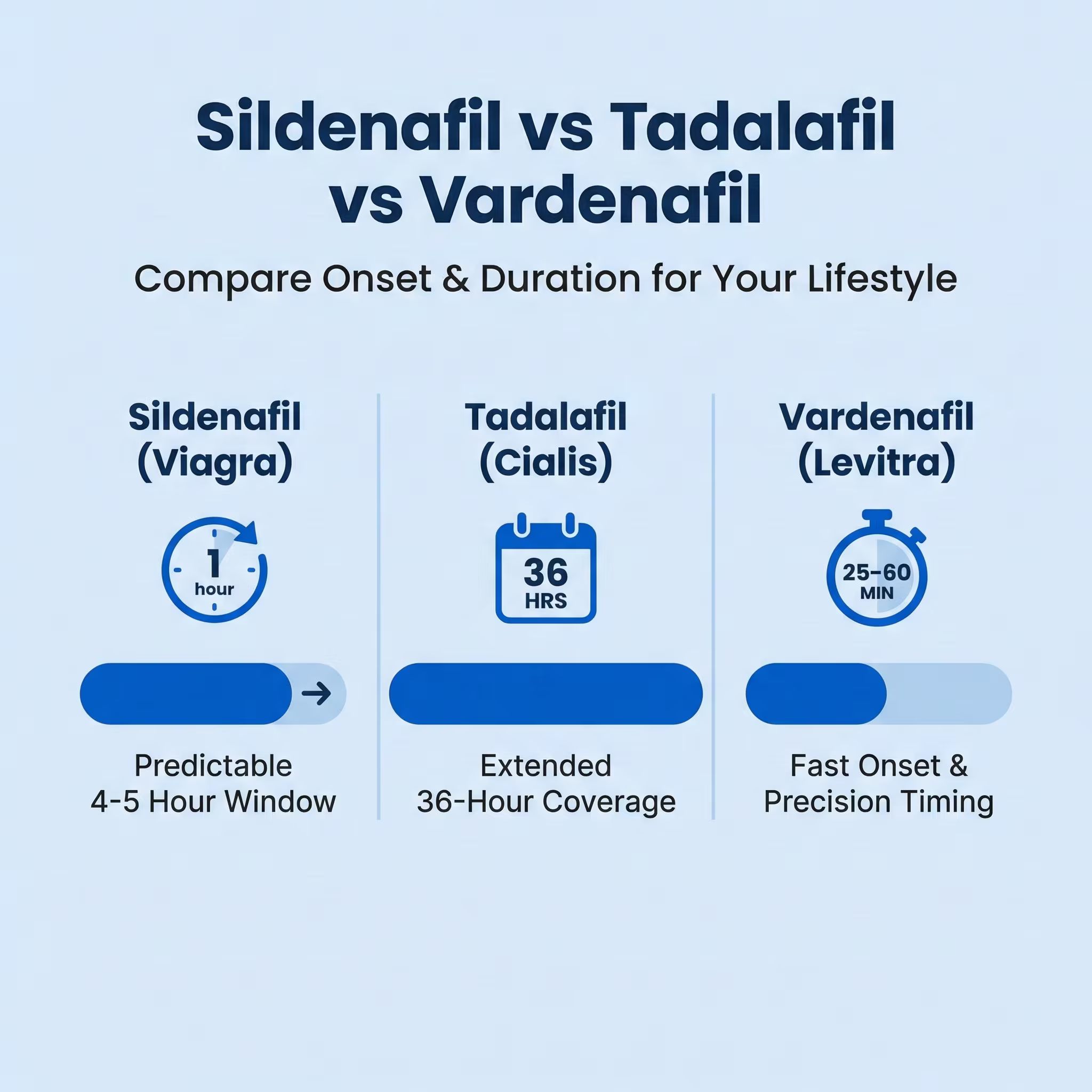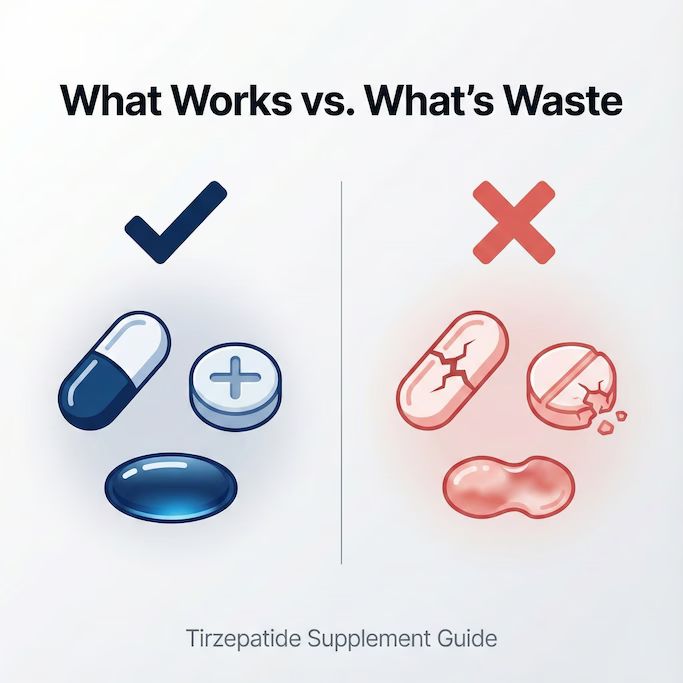Key takeaways:
- Chronic stress contributes to major health issues like heart disease, liver disease, cancer, and mental health disorders.
- Chronic stress can also hinder performance by shrinking the brain, impairing memory, lowering sexual satisfaction, worsening erectile dysfunction, impeding productivity, and increasing the risk of burnout.
- Looking to manage stress? Try: morning walks in the sun, mindfulness, rest, social support, getting creative, and laughter.
Back when your ancestors were fighting off saber-toothed cats, the stress hormone cortisol was a spectacular ally. It quickened the heart rate, redirected blood flow, and even emptied the bowels, allowing early humans to fight looming threats or make a run for it.
These days, the threats look a bit different. Saber-toothed cats have been replaced by work deadlines, rush-hour traffic, taxes, and other fixtures of modern day life. As these stressors pile up, the brain and body can’t always distinguish a real threat from a perceived threat, so it keeps us in a state of hyperarousal, cortisol flowing freely like prosecco at a boozy brunch.
While stress can be helpful in short bursts, chronic stress can wreck our physical and mental health. Studies show it’s a major contributing factor to the six leading causes of death in the U.S.: heart disease, liver disease, cancer, respiratory disorders, accidental injuries, and suicide. Chronic stress compromises your immune function, lowers your testosterone, and causes headaches, back pain, and poor sleep. And, if that’s not enough, it can also prevent you from excelling at work and nurturing healthy relationships.
Here are some surprising ways chronic stress affects your performance at work and at home:
So, now what? If you think stress is interfering with your performance at work or at home, try the following:
Take a stroll in the sun
Cortisol typically peaks in the morning (to get you going) and falls throughout the day. But people with chronic stress maintain high levels, even at night, which can make it difficult to fall asleep. One way to nudge your cortisol levels downward is to go for a 10-minute sun stroll first thing in the morning. Studies show exposure to bright morning light reduces cortisol levels, leading to lower stress levels. This exposure also resets your biological clock so you can sleep better at night. Starting your day with physical activity can also reduce stress by promoting the release of endorphins, which are natural mood boosters.
Practice mindfulness
Mindfulness involves focusing on the present moment and being consciously aware of your thoughts, emotions, physical sensations, and surrounding environment without judgment. Neuroimaging studies show that mindfulness meditation reduces stress and improves emotional regulation.
Invest in your sleepㅤ
Stress can make it hard to sleep, and poor sleep can exacerbate stress. How do you escape the cycle? Aim for 7-9 hours of sleep each night and practice good sleep habits, including not looking at screens at least one hour before bed, cutting back on alcohol, and making sure you’re getting enough exercise each day.
Lean into your support network
Whether you confide in a good friend or your therapist, talking through your problems helps. Studies show that social support strengthens resilience during times of stress, and cognitive behavioral therapy (CBT) reduces stress by helping you change faulty beliefs.
Get creative
Creating art functions much like mindfulness, allowing you to zero in on the moment instead of focusing on distressing thoughts or memories. In one study of 39 adults, 75% of participants had lower cortisol levels after just 45 minutes of making art, regardless of whether they were sculpting, drawing, or making a collage.
Laugh a little
According to the Mayo Clinic, laughter activates and relieves your stress response by amping you up and then gradually decreasing your heart rate and blood pressure, leading to a calm and relaxed feeling. It also releases endorphins, stimulates heart and lung function, improves your immune system, and makes it easier to connect with others. So, download that funny podcast, check out that new comedy club, or call your most hilarious friend. They’re good for you.ㅤ
Dr. Cam’s Health Hack
Another way to get a handle on your stress is to figure out what you’re using to mask it. Sometimes, the culprit is right in your pocket.
Take it from Dr. Cam:
”Scrolling is a hijacking of the (fight, flight, &) freeze response. When you’re stressed, instead of acting, you freeze, glued to your phone, with enough engagement to keep you stuck. To break free, take a few deep breaths to ‘unfreeze’ your brain & start anything (e.g. walking).”
Disclaimer: The contents of this article, including, but not limited to, text, graphics, images, and other information, is for information purposes only and does not constitute medical advice. The information contained herein is not a substitute for and should never be relied upon for professional medical advice. The content is not meant to be complete or exhaustive or to be applicable to any specific individual's medical condition. You should consult a licensed healthcare professional before starting any health protocol and seek the advice of your physician or other medical professional if you have questions or concerns about a medical condition. Always talk to your doctor about the risks and benefits of any treatment. Never disregard or delay seeking professional medical advice or treatment because of something you have read on this site. Maximus does not recommend, endorse, or make any representation about the efficacy, appropriateness, or suitability of any specific test, products, procedures, treatments, services, opinions, healthcare providers or other information contained herein. Maximus is not responsible for, nor will they bear any liability for, the content provided herein or any actions or outcomes resulting from or related to its use.










